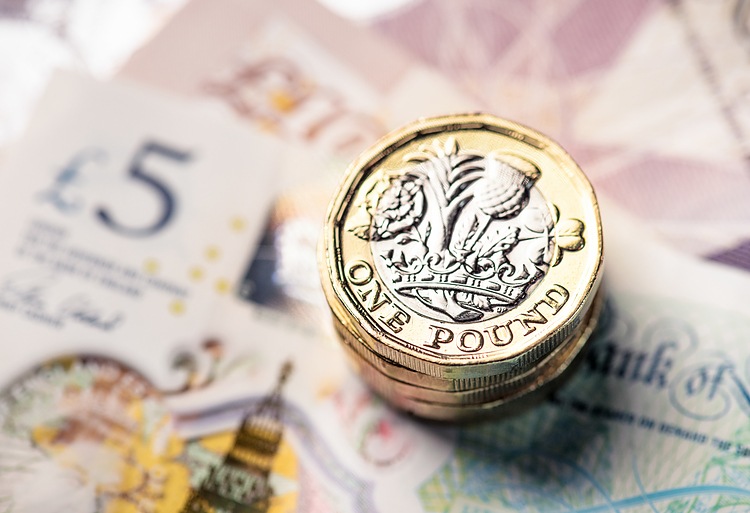GBP/JPY has corrected from a 16-year high of 204.75 reached on Monday, trading around 204.00 during the early European session on Tuesday. The recent downturn can be attributed to softer data released by the British Retail Consortium (BRC) indicating that the BRC Shop Price Index (SPI) rose by 0.2% year-over-year in June, lower than the previous 0.6% increase. Changes in the SPI are closely monitored as an indicator of inflationary pressures in the UK.
The Bank of England’s dovish pause in June has raised expectations for a rate cut at the upcoming August monetary policy meeting, which could potentially weaken the British Pound (GBP) and impact the GBP/JPY cross. Traders will also be closely monitoring the general election on Thursday, with exit polls indicating a potential victory for the Opposition Labour Party over the Conservative Party led by UK Prime Minister Rishi Sunak.
Meanwhile, on the Japanese Yen’s front, verbal intervention by Japanese authorities may provide support for the currency and limit the upside of the GBP/JPY cross. Japanese Finance Minister Shunichi Suzuki stated on Tuesday that they are closely monitoring forex movements and refrained from commenting on specific forex levels, maintaining the government’s stance on foreign exchange. The potential support from Japanese authorities could influence the direction of the GBP/JPY pair in the near term.
According to a recent Reuters survey conducted from June 25 to July 1, the Bank of Japan is expected to reduce its monthly bond purchases by around $100 billion (¥16.00 trillion) in the first year under a quantitative tightening (QT) plan set to be released this month. This move could impact the Japanese Yen and potentially strengthen it against the British Pound, leading to further corrections in the GBP/JPY pair.
Overall, the recent correction in GBP/JPY from its 16-year high reflects a combination of factors including softer data from the UK, expectations for a rate cut by the Bank of England, and the upcoming general election. Additionally, the verbal intervention by Japanese authorities and the potential quantitative tightening by the Bank of Japan could further influence the direction of the currency pair in the near future. Traders will need to closely monitor these developments to assess the potential impact on GBP/JPY and adjust their strategies accordingly.


























